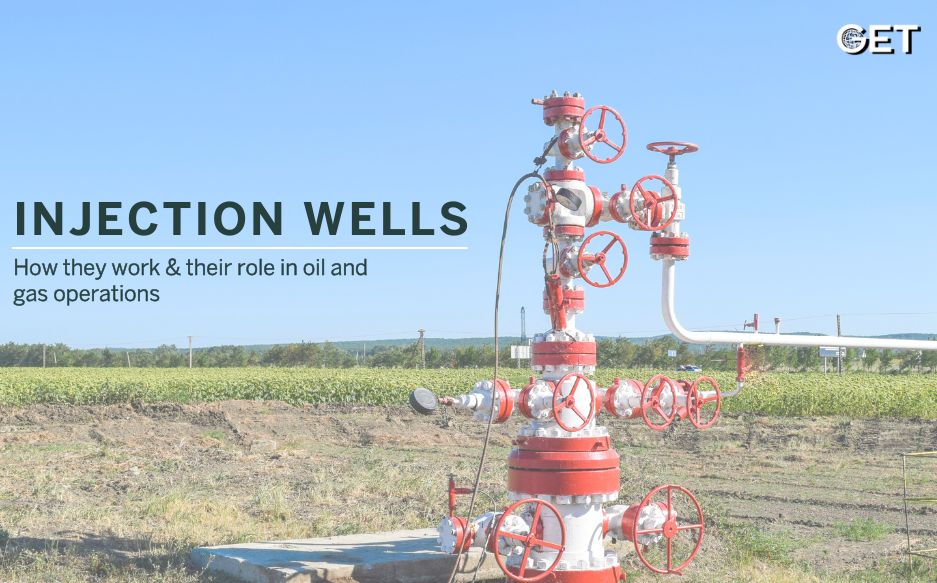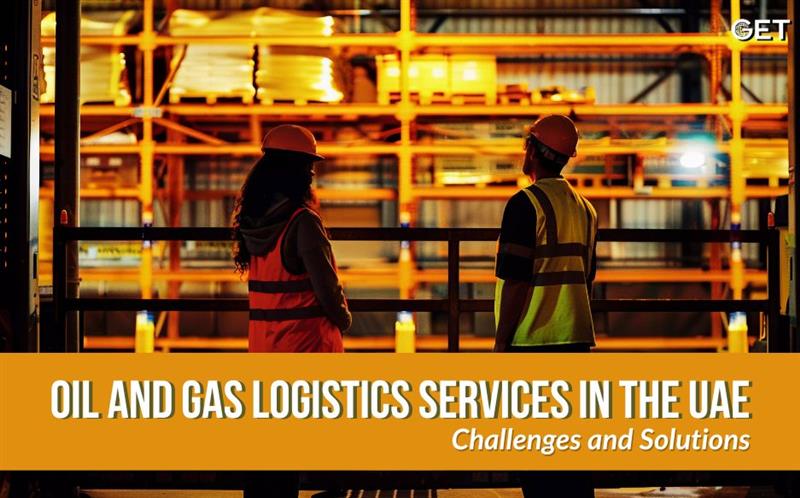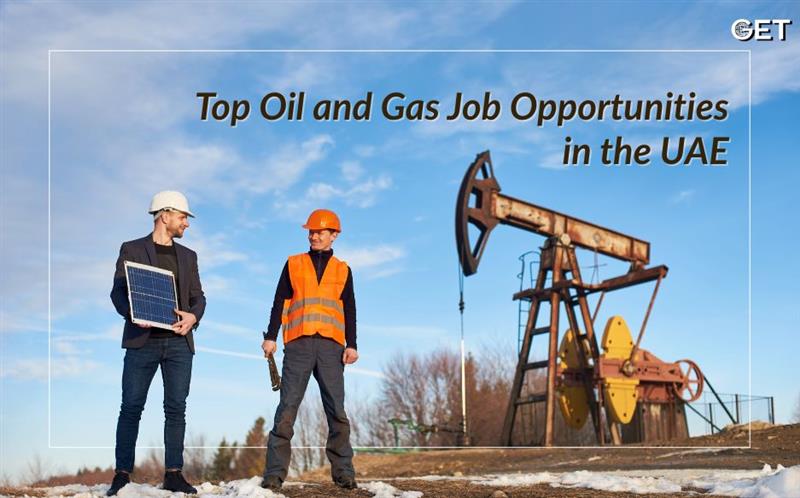
The upstream oil and gas industry depends on several technologies for production enhancement and reservoir performance management. Injection wells are critical to this process; they are meant to maintain pressure, dispose of waste, and enhance recovery. We’ll go into the working principles of injection wells and their importance for oil and gas companies.
Injection wells are specialized wells used by oil and gas companies to inject fluids (water, gas, or chemicals) into underground formations. These wells serve many functions-injecting water for enhanced oil recovery (EOR), disposal of wastewater, and maintaining reservoir pressure.
The injection well operational procedures involved are as follows:
However, with the benefits come challenges, including groundwater contamination potential, induced seismicity, and expensive operations. Agency bodies such as the Environmental Protection Agency (EPA) and local governing bodies have set strict rules to implement safe injection actions for the protection of the environment.
Injection wells are indispensable for the upstream oil and gas industry, enabling enhanced recovery, efficient waste management, and sustainable reservoir management. By leveraging advanced injection techniques and adhering to regulatory standards, oil and gas companies can optimize production while ensuring environmental safety.
As technology advances, innovations in injection well design and monitoring continue to enhance their efficiency, making them a crucial asset for the future of energy production.
Read Also- Oil and Gas Jobs in the KSA – Current Opportunities & Career Development

By Get global | July 18, 2025
The UAE produces 3.2 million barrels of crude oil daily, placing it among the world’s top 10 oil producers and giving it the seventh-largest proven reserves, as per the U.S. Energy Information Administration. This massive output relies on a complex logistics network that operates across deserts, offshore platforms, refineries, and […]

By Get global | July 11, 2025

By Get global | July 3, 2025

By Get global | July 1, 2025

By Get global | June 27, 2025